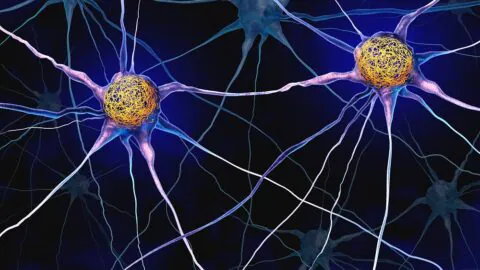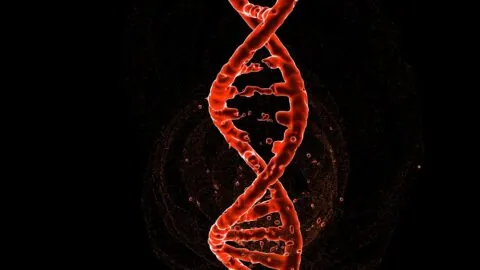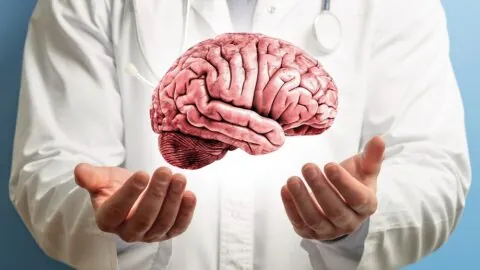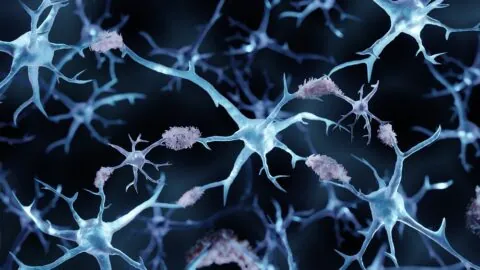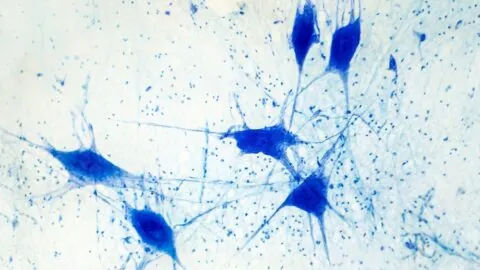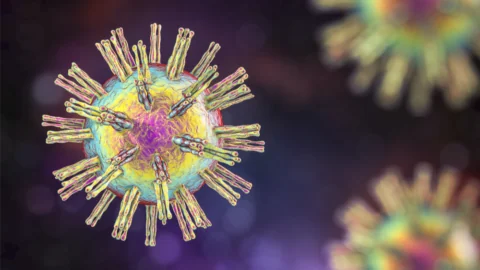January 30, 2026
Using an ingenious CRISPR-based screening technique, scientists have found a protein that tags tau for degradation and is more strongly expressed in tau-resilient neurons [1]. Some neurons are more equal than others The accumulation of tau protein fibrils in neurons is a hallmark of Alzheimer’s and several other diseases [2]. Scientists have long noticed that...
November 14, 2025
A new study reveals a surprising mechanism that might be behind the beneficial effects of NAD+ in preclinical models of Alzheimer's [1]. Which way to splice it? Not every part of a DNA sequence gets translated into a protein. Each sequence consists of exons, which are included in the final RNA transcript, and introns, which...
July 04, 2025
Scientists have shown that aberrant metabolism of glycogen in neurons is linked to the accumulation of harmful tau protein. Caloric restriction, genetic interventions, and small molecules might help [1]. Glycogen and the brain Aberrant aggregation of microtubule-associated protein tau (MAPT), or simply tau protein, is a hallmark of several neurodegenerative diseases [2]. The most famous...
November 14, 2024
Boosting a key autophagy-related protein discourages a core component of Alzheimer's from taking hold, according to a study published in Aging Cell. Taking out the trash Autophagy is the maintenance process of the cell, in which autophagosomes engulf unwanted organelles and other material and fuse together with lysosomes to be digested. As these unwanted components...
February 22, 2024
A recent preprint paper from researchers at Sachi Bio has described how this company's technology can be used to alleviate brain inflammation in a mouse model. The problem of tau Along with the infamous amyloid beta, tau is well-known as a pathological factor in both Alzheimer's and regular aging [1]. The accumulation of tau with...
June 29, 2023
One of the most common diseases in the world is herpes, as 50 to 80% of Americans have this illness. The herpes simplex virus, which causes cold sores, is normally transmitted through person-to-person contact. This illness leaves the patient with blisters clustered around the mouth. Gradually, the blisters pop and leave sores that take...

